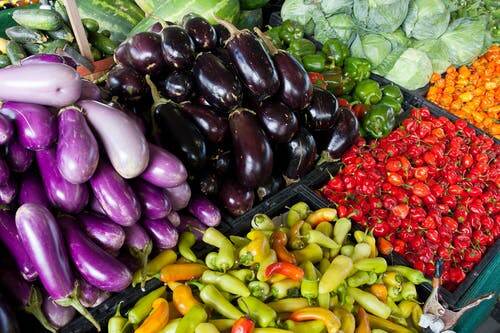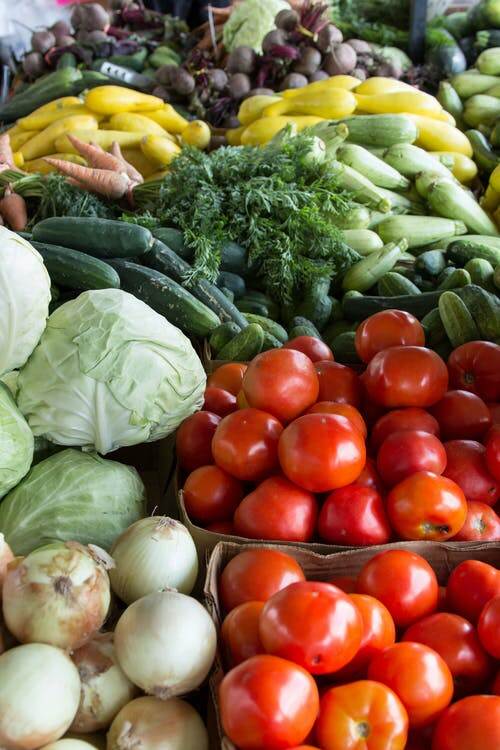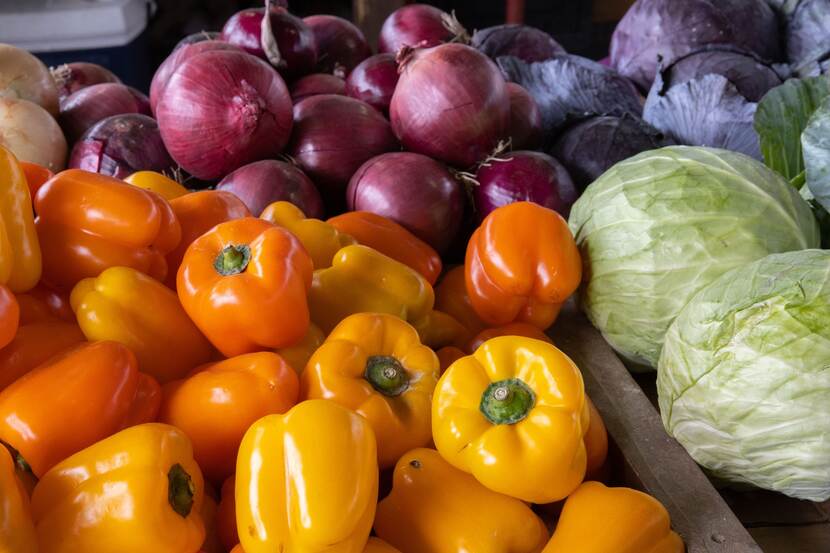Organic market in Poland
Green Deal supports the ecological production as one of its pillars is the farm to fork strategy with the aim to increase ecological production up to 25% of the whole agricultural production in the EU. Therefore we had a closer look on the current situation of the Polish production of organic products as well as on the market (possibilities) for those products.

Production
Organic farms in Poland are spread out mainly in the northern part of the country. In Warmińsko-Mazurskie and Zachodniopomorskie region where the average farms are bigger mainly grain is produced that is later exported to the EU countries for further processing. In the central part of Poland but also in regions where the land structure doesn’t allow creation of bigger plots, many producers are focusing on berries production. Poland is well known for its soft fruit production due to good weather conditions and acidic soil type suitable for this type of production. Therefore also organic producers focus on berries.
Polish organic farms aren’t big. Sometimes however they are a part of a big producer. This is allowed, as one holding can be split into regular and organic production. This way a 0,5ha of a conventional farm can be devoted to organic production what helps get additional funds for the company. This way of production isn’t promising for the development of organic production in Poland, but more a diversification of income on a farm.

Processing
Existing processing plants are mills, freezing plants, fruit and vegetable processing plants (mainly juices and jams), pasta factories, dairies, bakeries, several butchers, etc. They are spread throughout the country, there is no regional cluster and there is no dominant category that could be described as a Polish specialty.
Most organic processors are small and medium-sized craft plants, some have a 100% organic profile. There are also, however, some large operators that have launched an organic segment (standard solution, provided documented separation in time or space from conventional production).
Compared to other EU countries, organic processing in Poland is an underdeveloped segment, not exploiting raw material potential or demand potential. The reasons for this is above all the fear of bureaucracy, and uncertainty regarding availability of raw materials.
Nowadays, buying organic food is a sign of concern about healthy lifestyle and the growing consumer awareness of the impact of the quality of food on health, fitness and the quality of life.

Consumer market
Organic products are mainly available in cities. The availability of those products has risen since popular retail chains decided to create organic shelfs in their stores. Next to that there is a chain of stores dedicated to organic products only and since 10 years in several bigger cities of Poland bio bazars are organized where farmers can sell their (certified) products to consumers directly. E-commerce for bio products is also rising.
The Embassy in Warsaw together with the Polish Chamber for Organic Food prepared a report on the Polish organic production and current market for organic products in Poland. You can read the whole report here.
Promising future for the sector
Despite the fact that the Polish organic market is characterized by major fragmentation of organic food production and supply, major differences in prices of conventional food and organic produce as well as limited availability of the organic range outside big cities, economic forecasts for the organic segment are extremely optimistic and indicate it has reached the tipping point.

The new EU Green Deal strategy, which aims to increase the area of organic farming in the EU to 25% of agricultural land by 2030, is a huge boost and will certainly contribute to the importance of organic farming and food in the country's economy. The planned implementation of the Green Deal provides, i.a. for the financing of organic food in kindergartens and schools and for the financing of organic propagation material. In Poland, with the current share of 3.5% organic farming area, reaching the 10% ceiling by 2030 means tripling the current state. It is an ambitious but still a realistic task.